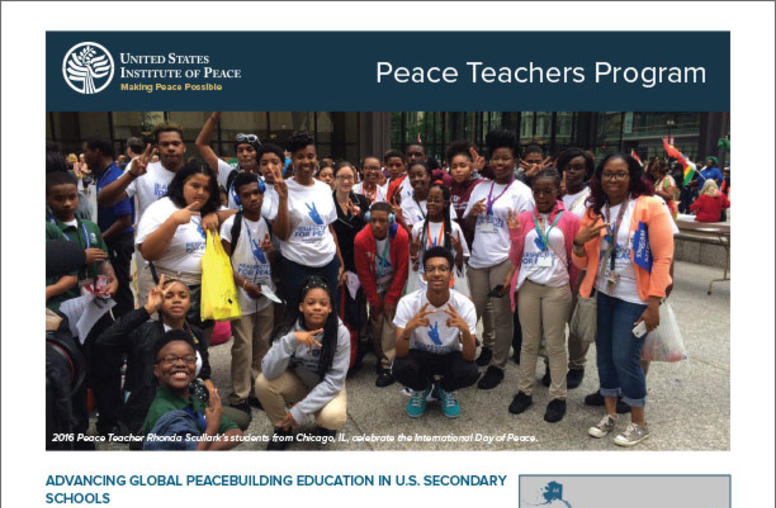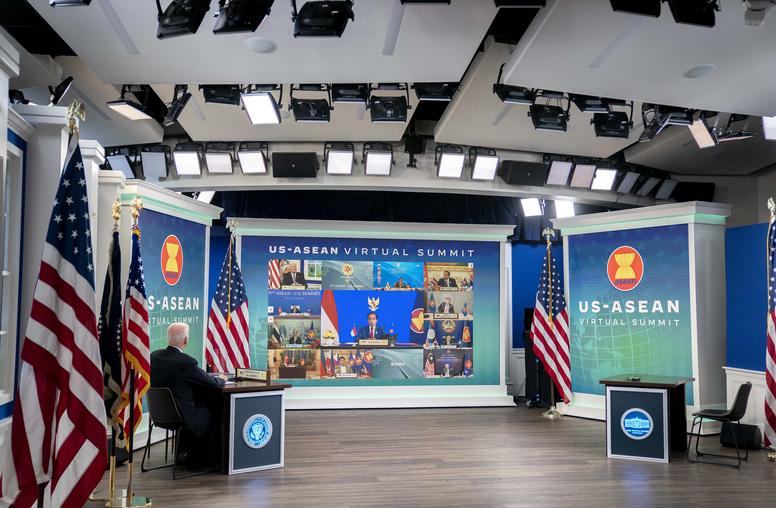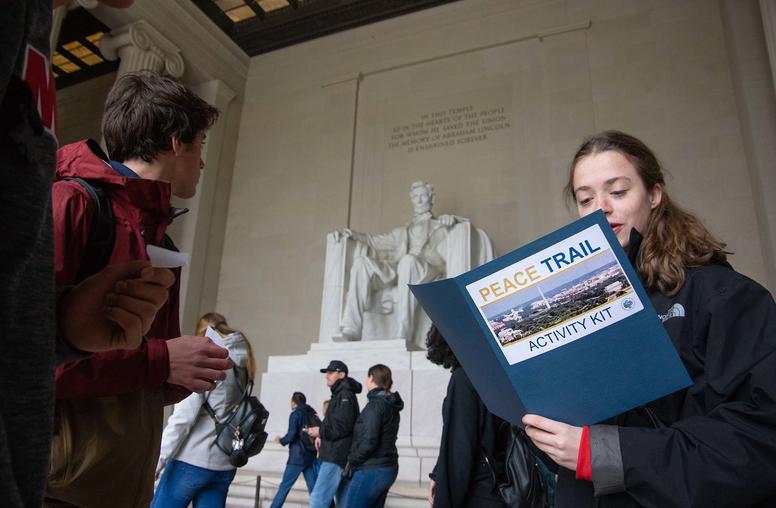American Foreign Policy and Islamic Renewal (Arabic Edition)
Summary
- The United States still lacks an integrated and sustainable strategy to confront religious extremism in the Muslim world. Policymakers have failed to recognize that the challenge is not only a conflict with the West but also involves ideological shifts within the Muslim world. These shifts have precipitated a major battle for the future of Islam as a faith and a civilization.
- The single most important initiative the United States can take to combat Islamist extremism is to support "Islamic renewal," a diffuse but growing social, political, and intellectual movement whose goal is profound reform of Muslim societies and polities. The United States must engage moderate Islam because core aspects of the religion have an enormous moderating and modernizing potential that policymakers have overlooked.
- Previous efforts to address the challenges of the Muslim world have often contradicted one another and worked at cross-purposes. There is a visible misunderstanding of the region's political culture, particularly regarding the questions of terrorism, extremism, and political reform. Security cooperation with authoritarian regimes to deal with the terrorist threat has reinforced negative attitudes about the United States and its policies.
- Democracy promotion efforts are likely to empower fundamentalists in many Muslim states. Although desirable in principle, free elections may not be the best mechanisms to negotiate substantive political issues, and deep suspicion toward formal authority structures persists in Muslim societies.
- Islamic renewal seeks to reclaim the religion's heritage from extremist, traditionalist, and fundamentalist groups. Today's reformers have a long history and cultural tradition to draw upon. From the early period of Islam, when the Prophet Muhammad saw himself as a religious reformer, to the adoption of modern public and international law, Islam has shown great potential to adapt and modernize. Today the movement is on the ground and has the capacity to make coherent a scattered cluster of reformist ideas on social and political issues.
- American policy could tip the balance between extremist and modernist interpretations of Islam and seize a great opportunity for constructive engagement. The U.S. strategy should be to support the renewal movement, which could reform Islam and mobilize Muslim constituencies against religious extremism.
- Policy priorities should be to promote Muslim modernist works and ideas, engage the rising moderate Islamist parties on normative grounds, and put more emphasis on substantive social, educational, and religious reforms. As fault lines become apparent, U.S. agencies already are taking sides by supporting moderate Islamic leaders over others.
For the english version of this report, click here.



